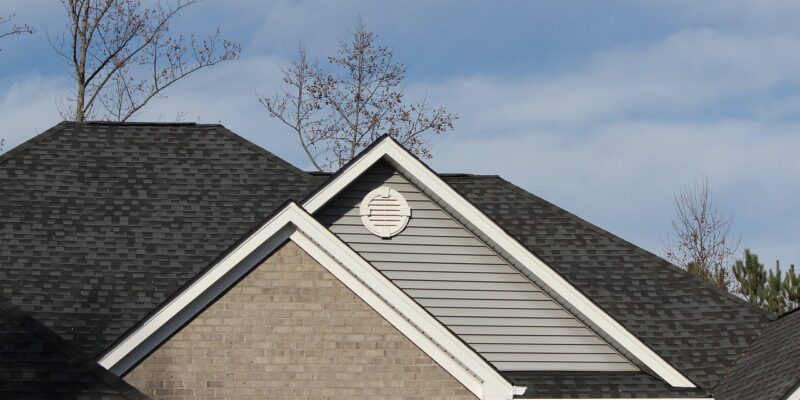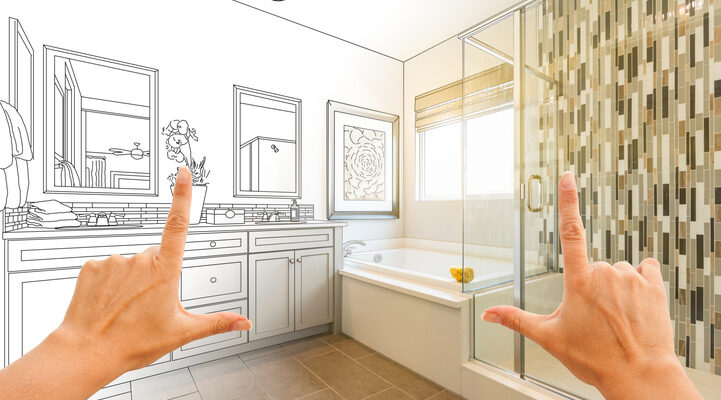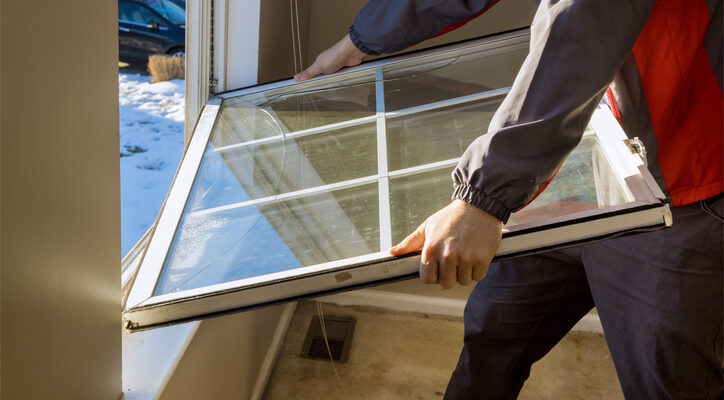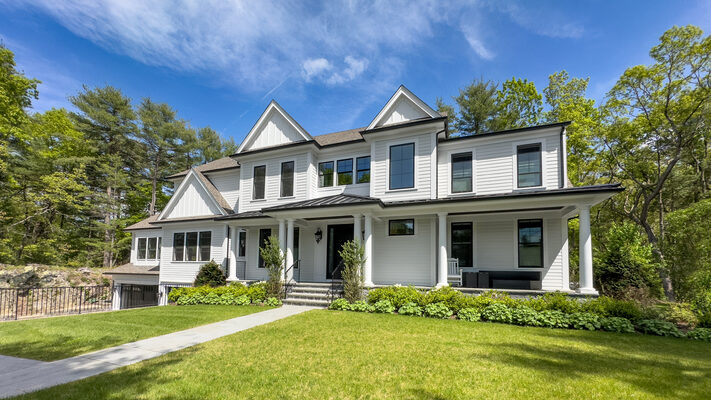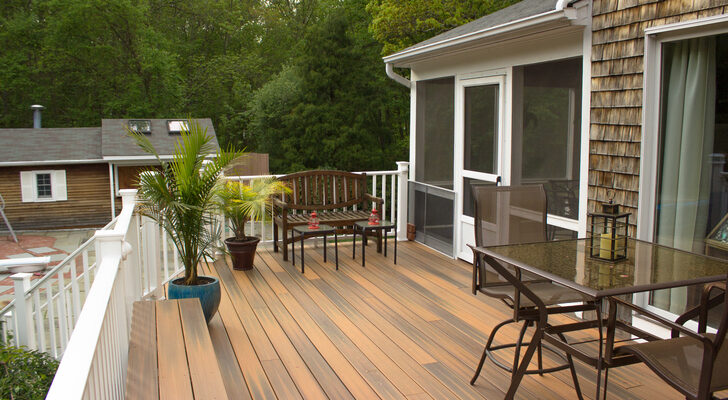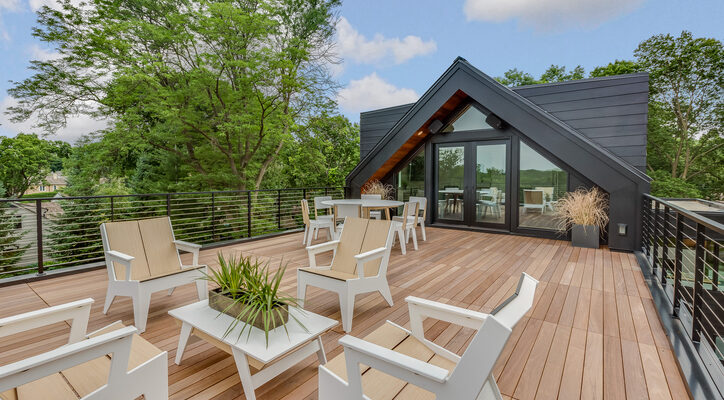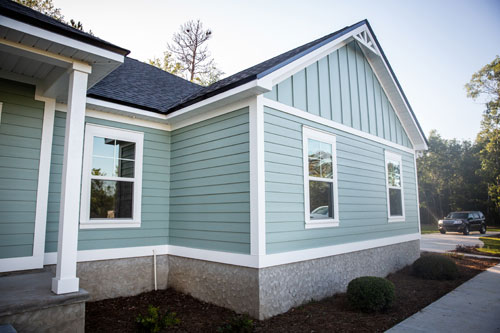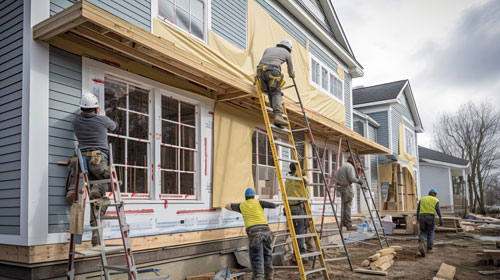When it comes to roofing in the Pacific Northwest, homeowners face unique challenges. The region’s climate is known for its heavy rainfall, strong winds, occasional snow, and moss growth—all of which can shorten the lifespan of a poorly chosen shingle. If you’re building a new home or replacing an old roof in states like Washington, Oregon, or Northern California, choosing the right shingle type is crucial for durability, performance, and long-term protection.
In this guide, we’ll break down the three most important factors to consider when selecting roofing shingles for the Pacific Northwest: impact ratings, tear strength, and warranties. By the end, you’ll know how to evaluate shingle options to ensure your roof can handle the region’s unpredictable weather and give you peace of mind for decades.
Why Shingle Choice Matters in the Pacific Northwest
The Pacific Northwest’s wet and stormy conditions can wreak havoc on roofs. Asphalt shingles—by far the most popular roofing material in the U.S.—remain a strong choice in this region, but not all asphalt shingles are created equal.
Here’s why choosing the right shingle matters:
- Frequent Rainfall: Prolonged moisture can cause shingles to curl, crack, or develop algae and moss.
- High Winds: Storms coming off the Pacific can bring gusts strong enough to tear away low-quality shingles.
- Snow and Ice: While not constant, snow buildup and freeze-thaw cycles stress weaker roofing systems.
- Tree Coverage: Many Northwest homes sit beneath tall pines and maples, increasing debris accumulation and potential impact damage.
The wrong shingle could mean costly repairs, leaks, and a shortened roof lifespan. That’s why it’s essential to look closely at impact resistance ratings, tear strength, and manufacturer warranties when making your decision.
1. Understanding Impact Ratings for Roofing Shingles
What Are Impact Ratings?
Impact ratings measure how well a shingle can withstand damage from hail, branches, or other falling debris. In the Pacific Northwest, hailstorms may not be as common as in the Midwest, but heavy branches and falling pinecones are a frequent hazard.
Shingles are tested using the UL 2218 Impact Resistance Test, which assigns ratings from Class 1 to Class 4:
- Class 1: Lowest resistance
- Class 2: Withstands smaller impacts
- Class 3: Withstands medium impacts
- Class 4: Highest resistance, built for severe weather
Why Impact Resistance Matters in the PNW
While you might not worry about golf-ball-sized hail, the constant threat of tree debris, wind-driven rain, and falling branches makes impact resistance a key factor. A Class 4 impact-rated shingle not only holds up better but can also lower insurance premiums in some areas.
Pro Tip: Look for shingles labeled as impact-resistant asphalt shingles or architectural shingles with a Class 3 or Class 4 UL 2218 rating. These provide maximum durability for PNW conditions.
2. Tear Strength: Your Roof’s Defense Against Wind
What Is Tear Strength?
Tear strength refers to how much force is required to rip a shingle. It’s an important factor in regions like the Pacific Northwest, where storms often bring wind gusts of 50 mph or higher.
Shingles with higher tear strength are less likely to lift, rip, or detach during a storm, keeping your roof intact and leak-free.
ASTM D3462 Standard
Most shingles today are tested under ASTM D3462, a performance standard that measures tear strength and nail pull-through resistance. This ensures the shingles are strong enough to resist wind and weather stress.
Why Tear Strength Matters in the PNW
- Windstorms: Strong coastal winds and mountain gusts can tear poorly made shingles.
- Rain Saturation: Wet shingles are heavier and more prone to damage.
- Moss Growth: Moss and algae can weaken shingles, making tear strength even more critical.
Pro Tip: Choose shingles with enhanced nailing zones and manufacturer guarantees for high wind resistance (some shingles are rated for winds up to 130 mph).
3. Roofing Shingle Warranties Explained
Types of Warranties
When investing in a new roof, the warranty is just as important as the product itself. Here are the common warranty types you’ll encounter:
- Manufacturer’s Warranty – Covers defects in materials.
- Workmanship Warranty – Offered by the contractor, covering installation issues.
- Extended/Upgraded Warranty – Available if you use certified contractors and matching roofing systems.
What to Look For in a Warranty
- Length of Coverage: Many shingles come with a limited lifetime warranty, but check what “lifetime” really means.
- Non-Prorated Period: This is the time when you’ll get full coverage for replacement costs. Longer is better.
- Algae Resistance: Given the Pacific Northwest’s wet climate, look for shingles with a warranty against algae and moss growth.
- Wind Coverage: Ensure the warranty includes wind protection for gusts common in the PNW.
Why Warranties Matter in the PNW
Roofing is a long-term investment. With moss, moisture, and wind all working against your shingles, a comprehensive warranty ensures you’re covered if your roof fails earlier than expected.
Best Types of Shingles for the Pacific Northwest
Now that you understand impact ratings, tear strength, and warranties, let’s look at the shingle types best suited for the region.
- Architectural Asphalt Shingles (Dimensional Shingles)
- Thicker and more durable than 3-tab shingles
- High wind resistance
- Better impact ratings
- Longer warranties
- Impact-Resistant Shingles
- Specially designed to withstand hail and falling debris
- Typically Class 4 rated
- May reduce insurance premiums
- Algae-Resistant Shingles
- Treated with copper or zinc to resist algae and moss
- Essential for damp Pacific Northwest environments
- Premium Designer Shingles
- High-end shingles that mimic slate or wood
- Strong durability and aesthetic appeal
- Often include enhanced warranties
Additional Considerations for PNW Homeowners
Algae and Moss Resistance
The Pacific Northwest’s damp climate makes moss-resistant shingles a must. Look for shingles labeled with algae-resistant (AR) technology for longer-lasting protection.
Proper Ventilation
Even the strongest shingle won’t last if your roof lacks proper ventilation. Adequate airflow prevents trapped moisture, which can cause mold and reduce shingle life.
Professional Installation
A shingle’s tear strength and warranty are only effective if installed correctly. Work with a certified roofing contractor who understands local weather conditions.
Maintenance Tips
- Clean gutters regularly to prevent water backup.
- Trim overhanging branches to reduce debris and impact risk.
- Inspect your roof yearly for loose shingles, moss, or leaks.
Choosing the Right Brand
Several roofing manufacturers produce shingles suited for Pacific Northwest weather, including:
- CertainTeed Landmark® Series – Known for algae resistance and wind durability
- GAF Timberline HDZ® – Excellent impact resistance and strong warranties
- Owens Corning Duration® Series – Patented nailing strip technology for high tear strength
- Malarkey Roofing Products® – Based in Oregon, offering shingles designed for the Pacific climate
Protecting Your Home with the Right Shingle
Choosing the right shingle in the Pacific Northwest isn’t just about looks—it’s about performance, durability, and long-term investment. By considering impact ratings, tear strength, and warranties, you can ensure your roof is built to handle heavy rains, moss growth, falling branches, and high winds.
When evaluating shingles, look for:
- Class 3 or Class 4 impact resistance
- High tear strength with ASTM D3462 compliance
- Comprehensive warranties including algae and wind protection
Your roof is your home’s first line of defense against the Pacific Northwest’s unpredictable climate. Investing in the right shingles today means fewer repairs, better energy efficiency, and peace of mind for decades to come.
With these factors in mind, and help from a professional roofing company like MBA Construction Corp, you’ll be able to create a beautiful and cohesive look that will last for years. For over 15 years, MBA Construction Corp has been the trusted roofing company in the Seattle and Puget Sound area, contact MBA Construction today to get started! Or call 206-753-9563.



